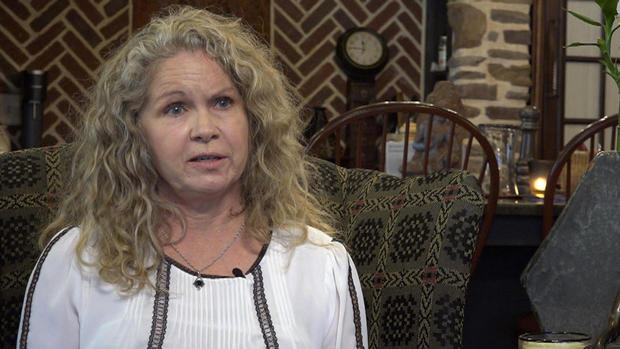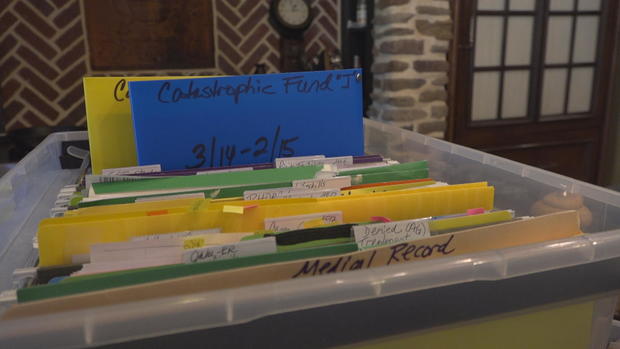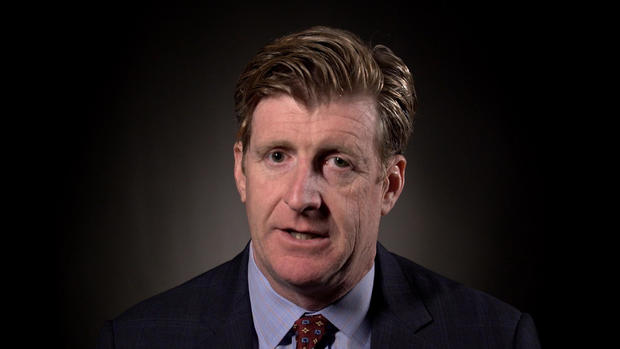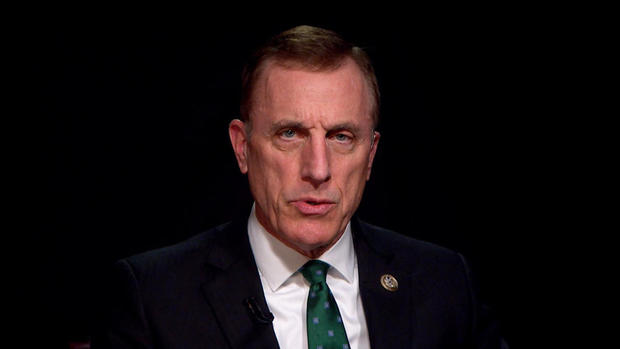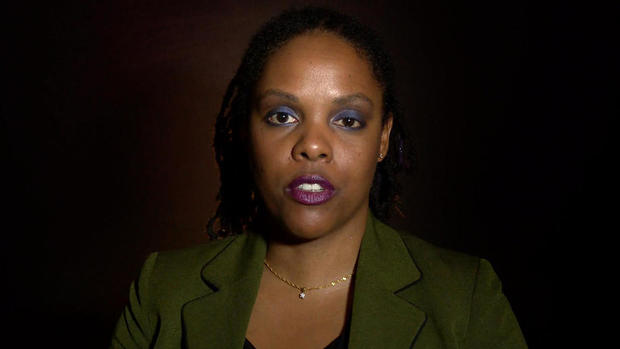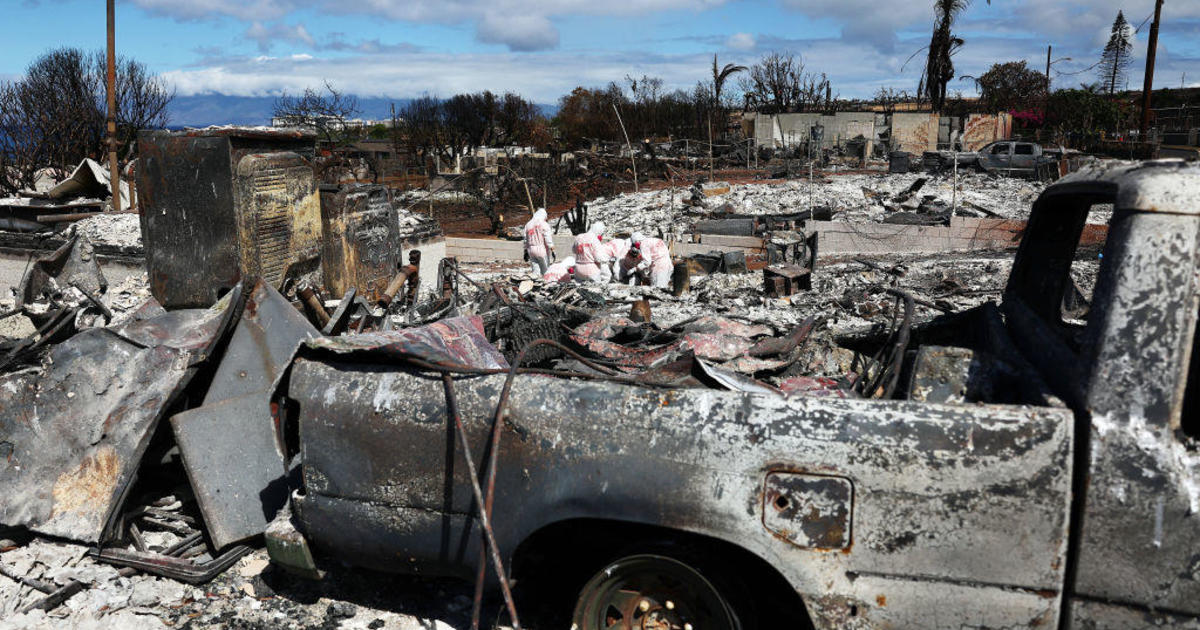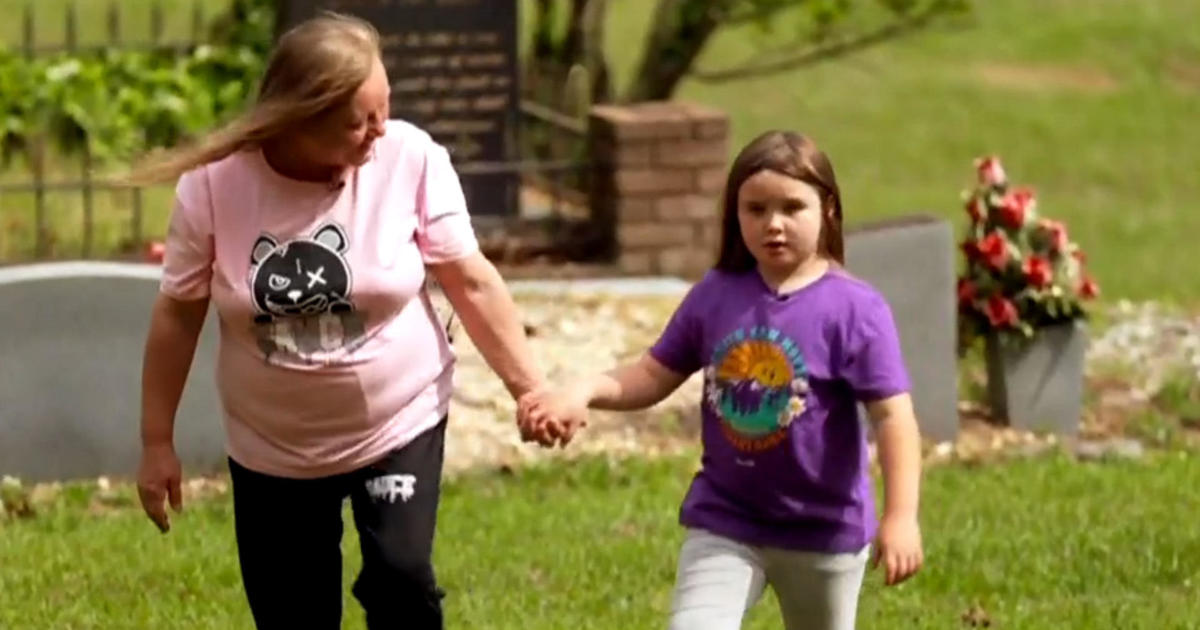State of Mind Episode 1: Where we are as a nation
"CBS Evening News Uncharted: State of Mind" is a new five-part digital series airing in May with new episodes released every Wednesday. The series will examine the state of mental health care in America in conjunction with Mental Health Awareness Month. More than 43 million Americans suffer from mental illness.
- State of Mind Episode 2: Hidden battles
- State of Mind Episode 3: To suffer in silence
- State of Mind Episode 4: Training to deal with mental illness
- State of Mind Episode 5: Out of the depths
Rocky Schwartz is not going to stay silent anymore.
Her two sons, ages 23 and 24, have severe mental illnesses and substance abuse problems.
"One has been diagnosed with bipolar disorder and substance abuse," she said. "My other son has OCD, social anxiety, depressive disorder, addiction and ADHD."
The two young men, whose identities CBS News has agreed to keep private, started to show signs of mental illness in their teens.
"Our lives have changed dramatically as a result," Rocky said.
In the beginning, it was difficult for Rocky's family to accept the diagnoses. Rocky says she stopped walking the dog in her neighborhood and changed grocery stores so she wouldn't have to see people she knew and explain what her sons were going through.
"I didn't know what to say. And I was ashamed," she said.
Her sons' conditions became increasingly worse. Rocky's older son's first suicide attempt landed him in a hospital psychiatric ward.
"After about seven days in the psychiatric ward, my husband and I met with a doctor and the rest of the clinical staff, and they are aware that the insurance quits paying early on and they said, 'Don't worry your son needs to stay longer,'" she said.
"We gave them our Visa card and said, 'Please, don't discharge him until you feel that he is safe and we will deal with the insurance company afterwards.' And the insurance refused to pay after that day. Doctors kept him for another week."
Fighting with insurance
Battles with insurance companies became constant for Rocky and her husband. Both sons have had numerous rounds of outpatient and inpatient psychiatric and addiction care over the last six years, and Rocky's out-of-pocket expenses have exceeded $300,000.
The family has also lost seven insurance appeals -- the latest in March of this year. CBS News reached out to Rocky's insurance providers, but they wouldn't comment on her cases because of privacy laws.
"And in case you're wondering where the heck we got that, you know the first rehab, we used a home equity loan, and then we had college savings accounts and we depleted those, and we've been tapping into our retirement," Rocky said.
"And the last go around, I swore I would never do it again, but my son was close to death and he had already lived on the street for three months and at some point I made the decision that I'd rather spend this money to try to save his life than pay for a funeral. And it's just money, I don't care. I mean I care ... I don't care," she said.
After all her family has been through, Rocky finally decided that it was time she spoke out.
"When you're trying to care for somebody that you love and trying to keep them safe and trying to maintain your sanity, having to keep fighting and dealing with bureaucracy, at times it's easier to say, 'I'm not doing this anymore,'" she said.
Mental Health Parity Act
Rocky's situation is not unique. Many families across the nation are fighting for their loved ones to get equal treatment and coverage from insurance companies.
In 2008, President George W. Bush signed the Mental Health Parity and Addiction Equity Act into law. That act requires insurance companies to cover mental and substance abuse equally, as they would physical illnesses. But not all states adequately enforce it, according to advocates.
The National Alliance on Mental Illness estimates that 60 percent of Americans suffering from mental illness don't receive the care they need.
Rocky is a member of the New Jersey Parity Coalition, a group of lobbyist, advocates, social workers and families fighting to get equal treatment for people living with mental illness in their state.
CBS News' mental health experts were clear that the issues of parity and insurance coverage are key to making health care more accessible.
"The fight for those who suffer from mental illness and addiction really is a fight to integrate them into the larger health care community, which they've really been prohibited from because of the nature of this separate and unequal treatment of mental illness and addiction," said former Rep. Patrick Kennedy of Rhode Island, who is now an advocate for mental health.
"We have to get the insurance companies to comply with the federal Mental Health and Addiction Parity Act," he said.
Another law on the books that is meant to help Americans living with mental illness is the 21st Century Cures Act, which was signed by President Obama in 2016.
Rep. Tim Murphy of Pennsylvania, who also holds a Ph.D. in psychology, introduced the Helping Families in Mental Health Crisis Act to help those struggling with mental health, which was rolled into the 21st Century Cures Act.
"When someone has hit the absolute lowest spot in their life, when they're considering suicide or just given up, we want access to be instantaneous. Not a waiting period of a day or two days or even hours," Murphy said.
Breaking the stigma
Our experts agree that the stigma surrounding mental illness contributes to the lack of political action to address the issue.
"Who wants to be the champion of mental illness issues? You know you don't necessarily see elected officials championing those issues, said Dr. Glenda Wrenn, a psychiatrist and the director of behavioral health for the Satcher Health Leadership Institute.
"The only answer for why we have no resources to put against such an enormous problem is because of the stigma that is really a derivation of the perception that people who suffer from a brain illness really can get it together on their own, that somehow this is some character flaw," Rep. Kennedy said.
Rocky wrestled with the same stigma when her sons began to struggle with mental illness. But says she's speaking out now because there is nothing to be ashamed about.
"These are brain diseases and I think the only way we stop it is to talk about it," she said. "And so I'm not going to be silent anymore and I'm going to keep fighting."

